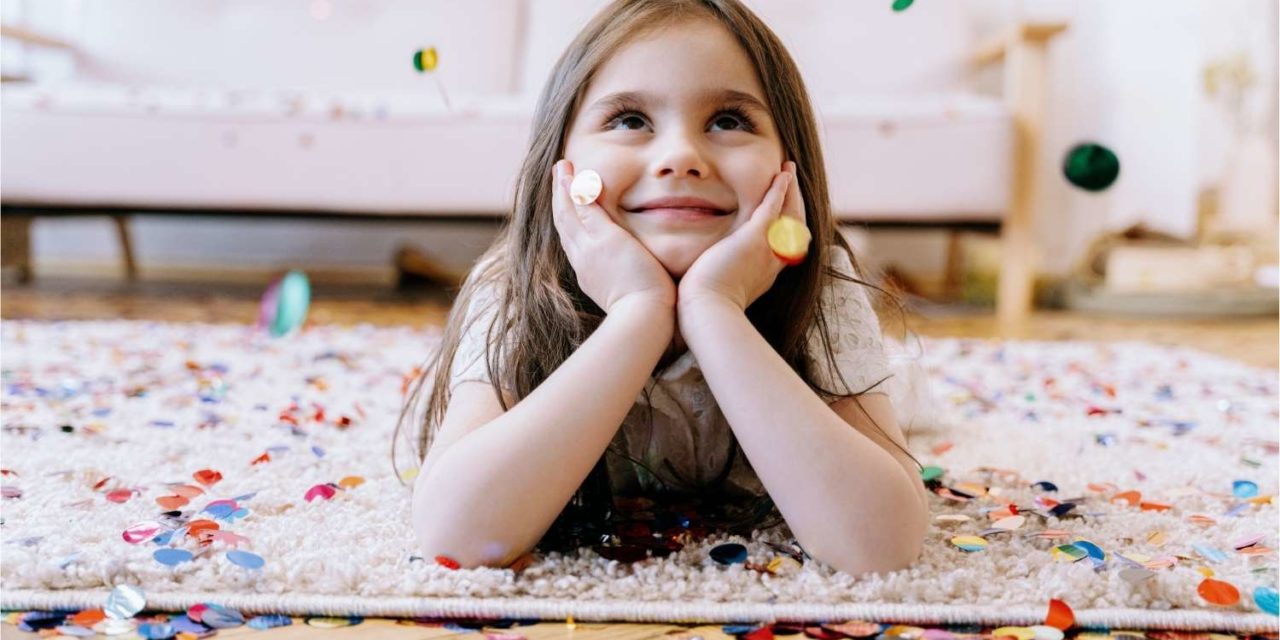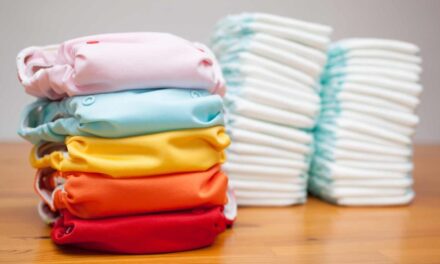Have you ever imagined if it’s ‘better’ to allow your kids to make a mess in the house or keep your home clean at all times? How many times have you faced the dilemma of keeping your messy kids busy without making a mess in the place? I’ve tried all kinds of ideas that didn’t work because there was just too much to fight with, for them to concentrate on what I wanted. Whenever I thought of sending them outside, it would rain, the wind would be too strong, or my husband would end up working late, so none of those ideas ever worked. But now I know a way that works every time.
Most mothers try to keep their houses (and themselves) in tip-top shape. There’s always time to clean. But what to do when your kids want to dig through the bins of toys you have lying around? If you’re like me, you’re a bit of a neat freak and can’t see the appeal of letting them throw everything onto the ground. But before you freak out, there may be some positive aspects to letting them play with less structured toys.
“Please excuse our messy house, we’re busy making memories…”
Messy play is a crucial part of a healthy childhood. Kids learn through their senses and are naturally curious about the world around them. When kids play with blocks, they create and build. But it isn’t always easy balancing family life, work, and the ever-growing to-do list. Amid the cleaning up and the wiping down of surfaces after dinner, when should a parent let their kids be messy? I’ll give tips on how you can start allowing your children’s messes in your home while sharing some strategies to keep the chaos at bay.
Improves their immune response:
In a study from the University of Michigan, researchers found that children who play in the dirt have healthier immune system responses. The study followed children who had not been exposed to antibiotics for more than three months and was based on the theory that children who are not exposed to germs do not develop robust immune systems.
The experiment involved a group of kids being introduced to harmless bacteria on their skin. Those who grew up around farms and animals had an almost immediate response by increasing their WBC’s, which fight infections and other diseases that can get into your body.
While it is difficult to know if the results apply to city children and farm kids, Dr. Joel Weinstock of Tufts University thinks it might. He says that while most urban kids are not around farm animals, they could still get exposure from pets in their homes. Also, he says that urban environments often contain bacteria such as E. coli that could help stimulate the immune system in children.
While it may seem counter-intuitive to intentionally expose your child to germs, especially if you are a germaphobe yourself, it might be worth letting them play outside and make a little mess in the house.
Develops their motor skills:
It’s lovely, and it’s messy. Almost as soon as you finish washing, drying, and folding the laundry, it’s time to clean, dry, and tuck it all again. It doesn’t seem fair.
But there are alternatives: you could let your kids live like pigs and have your house look like a bomb site; send them away to boarding school or stop washing their clothes. And there are some good reasons for letting your children live in squalor.
Even toddlers can use a damp cloth to wipe up spills, but you probably don’t want to encourage them to do so very often because cleaning up the mess is tedious and frustrating compared with making it in the first place.
You can’t teach them responsibility by threatening them with cleaning duties because they won’t understand their duties until they have developed some impulse control and self-discipline. By then, they’ll be old enough to do their washing anyway.

Kid’s will be better at cleaning up on their own:
We don’t allow our kids to make a mess in the house. This is a big decision for us, and we’ve changed our minds about it several times. We’ve heard it argued that kids should be allowed to make messes because otherwise, they’ll grow up too rigid. The idea is that if you allow them to make a mess, they’ll get better at cleaning up after themselves.
Sometimes, parents allow their children to do something. I think this is an excellent way to teach responsibility.
For example, my mother allowed me to mess up the house when I was young. I am sure that she had been swamped and did not have time to clean up the house. Still, she allowed me.
I learned how to be responsible from this experience. When my mother asked me to clean up the mess, I had to do it myself because she was busy. If I did not clean my room, nobody could help me because my mother was busy working. If I wanted my room to be clean, I had to do it myself.
I learned how to take care of myself and be responsible for things around me from that time on.
They get the chance to bring up their imagination in creative ways:
Children go through different stages of development, just like when your children are young, it is often challenging to permit them the freedom to make messes. When they are toddlers, their messes are not that much fun. They are messy and gross, and they tend to get into things they shouldn’t. However, if you can get through the toddler years, you will soon see that this messiness signifies imagination and creativity.
The older your kids get, the more imaginative their messes become and the more fun for everyone. Your kids will be able to sit down with you, look at a mess, and tell you what they imagined when they created it. When this happens, parents need to encourage their kids’ imagination by taking an interest in what they are doing.
You may be tempted to laugh at your child’s mess or ideas, but don’t do it! If you want your children to continue to use their imaginations in significant ways and make cool messes, then encourage them to do so. Instead of laughing at a messy room or project, ask your child about it and look at it with interest.”
Help them increase their attention span:
The research on the best way to learn has consistently come down in favor of this “messy play.” It’s called messy play because children are given open-ended materials—such as clay, water, sand, and paint—that can be manipulated and explored in many different ways. When children are given time and space for messy play, they learn about cause and effect, gain skills that lead to fine motor control (such as writing) and gross motor control (standing), and learn to organize their thoughts and bodies develop social skills. Perhaps most importantly, they know to self-direct, increasing their attention spans.
This isn’t just my opinion: there’s research backing it up. In a classic study from the 1970s that is still widely cited today, researchers found that kids who engaged in ten weekly hour-long periods of messy play were more likely to engage with challenging activities than those who didn’t. Other research has found that messy play enhances creativity and divergent thinking skills—what we call “outside the box.”









